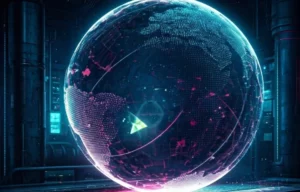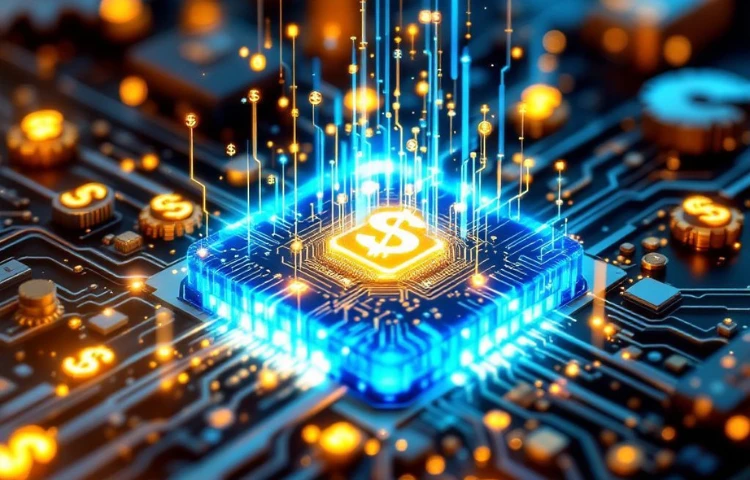

Prefer to listen instead? Here’s the podcast version of this article.
Artificial Intelligence (AI) is advancing rapidly, with each leap unlocking unprecedented possibilities. But innovation comes at a cost—both figuratively and literally. The next anticipated milestone, OpenAI’s GPT-5 (code-named Orion), promises to revolutionize AI reasoning, scientific discovery, and creative problem-solving. However, delays and exorbitant costs have slowed progress, leaving industry players and observers asking: Is this the price of progress?
Let’s explore why GPT-5’s development is lagging behind schedule, the financial and ethical hurdles it faces, and how these challenges reflect the broader AI landscape.
OpenAI’s GPT-5 project is an ambitious endeavor. Designed to surpass GPT-4’s already impressive capabilities, GPT-5 aims to tackle complex tasks like solving advanced scientific problems and making breakthroughs in areas such as medicine and climate research. [This Verge article] highlights OpenAI’s vision for GPT-5 as a transformative force in technology.
Yet, the project is facing delays. One of the primary reasons is the difficulty in acquiring vast amounts of high-quality training data. Unlike earlier versions, which relied on massive yet general datasets, GPT-5 requires curated, domain-specific data to excel in advanced reasoning. Additionally, ensuring alignment with ethical guidelines while maintaining creativity has proven to be a formidable challenge. As noted in [this WSJ analysis], balancing innovation with responsibility is a key bottleneck for OpenAI.
Creating GPT-5 isn’t just a technical feat—it’s a financial behemoth. Training runs for the model could cost up to $500 million, as detailed in a [Barron’s report]. This staggering expense stems from the sheer computational power required to train such a sophisticated model.
Moreover, energy costs associated with running advanced GPUs are skyrocketing. The carbon footprint of training these models has raised concerns among environmentalists, forcing companies like OpenAI to find sustainable ways to scale operations. Financial constraints have also highlighted the importance of partnerships. Microsoft, a primary investor in OpenAI, is closely monitoring the project’s progress as it integrates AI into its ecosystem through products like Microsoft 365 Copilot.
The journey toward the next great leap in AI is as challenging as it is exciting. OpenAI’s GPT-5 project highlights both the immense potential of advanced AI and the hurdles we must overcome to realize it. From the staggering financial investments and fierce talent wars to the intricate balance of ethics and innovation, building the future of AI is no small feat.
WEBINAR